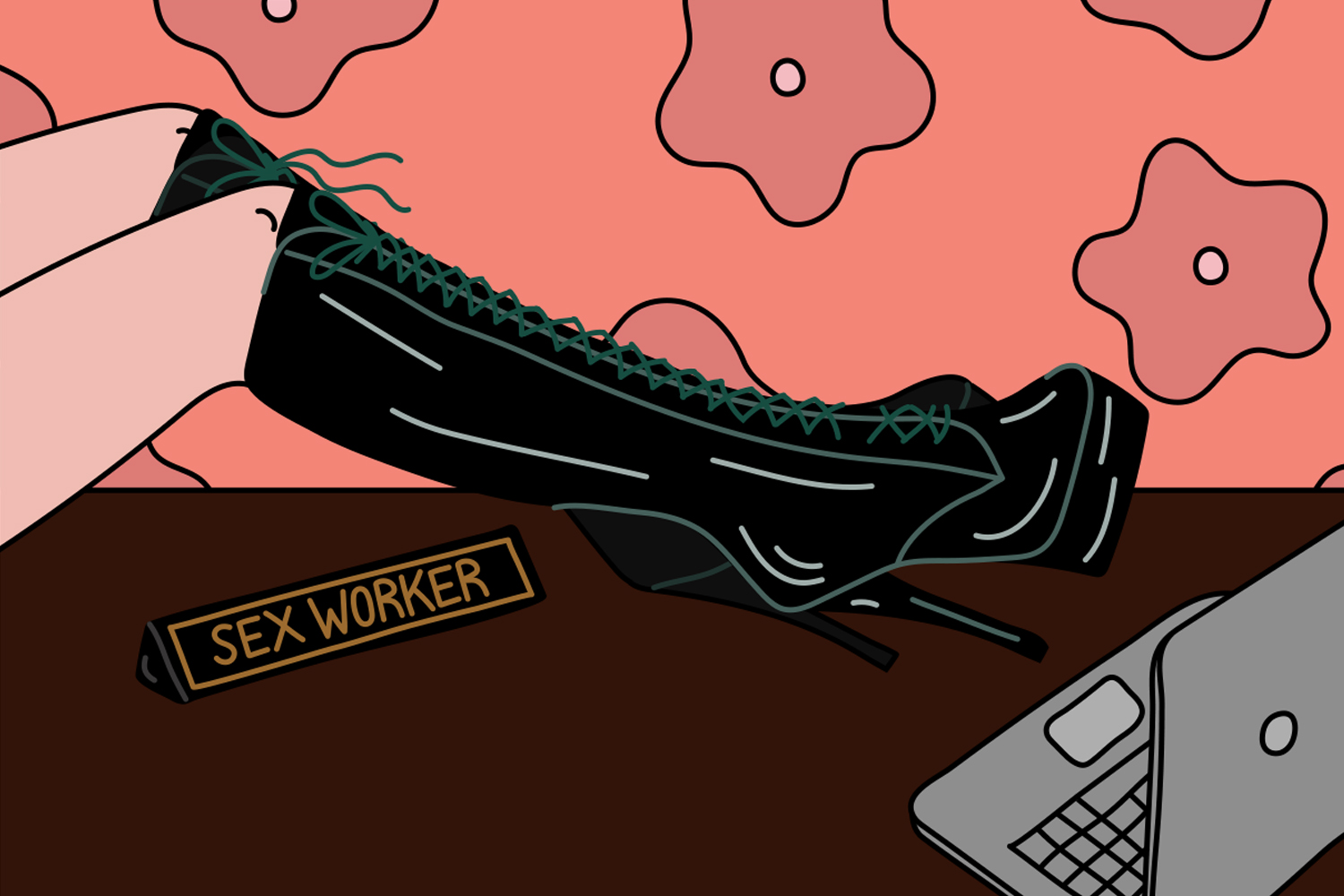You may know Rashida Jones as Ann from Parks and Rec. That is primarily where I know the actress from, anyway, which is part of what has been so confusing to me about Jones’s current role at the center of an ongoing controversy within the sex industry. This controversy has recently been reignited by news of Jones’s latest project, producing the forthcoming sex industry documentary Sell/Buy/Date, but her contentious reputation in the sex work community dates back to at least 2015, when Jones produced the controversial Netflix documentary Hot Girls Wanted.
That film, about teen porn performers, received backlash for careless treatment of the subjects it purported to portray sympathetically. Critics accused Jones of doxxing the film’s subjects, exposing personal information and recycling content without their permission. Despite the backlash, Hot Girls Wanted was followed by a series in 2017, Hot Girls Wanted: Turned On, which quickly drew the same criticism and complaints as its precursor. After the show premiered, multiple porn industry professionals came forward claiming their images had been used in the series without their consent and their personal information exposed, leaving them vulnerable to stalking or being outed as sex workers.
“I didn’t even know that I was in the documentary until a ‘fan’ messaged me telling me they knew my real name and personal information,” Gia Paige, one of the show’s most vocal opponents, told The New Republic‘s Josephine Livingstone. “Do you understand how scary that is? Nobody called me to warn me.”
Meanwhile, Jones’s work documenting the sex industry has also been accused of ultimately promoting an anti-porn agenda by conflating sex work with sex trafficking, reinforcing a dangerous narrative often weaponized in prohibitionist arguments aiming to discredit and/or criminalize sex work. Moreover, sex workers have criticized Jones, who is not a sex industry professional, for even attempting to represent the sex industry in the first place.
Now, despite largely ignoring the criticism and failing to make amends with the community many feel she has exploited, Jones is once again embarking on a project documenting the sex industry. Earlier this month, playwright and performer Sarah Jones announced Sell/Buy/Date, a forthcoming documentary about the sex industry based on her 2016 stage production of the same name, which boasts Rashida Jones as a co-producer. Naturally, the sex work community did not take particularly kindly to this news, with various industry professionals coming forward to slam Jones’s continued refusal to back down in the face of criticism. In a tweet responding to the Sell/Buy/Date news, adult industry life coach Dee Siren accused Rashida Jones of once again “acting like she represents the sex industry,” adding that the producer has “done nothing but cause issues by sensationalizing sex workers & connecting consensual workers with trafficking.”
Meanwhile, Jones isn’t alone. The controversy surrounding her flawed coverage of the sex industry is reflective of what Livingstone calls “a powerful strain of anti–sex work sentiment running through Hollywood’s liberal feminism.” In 2015, Lena Dunham, Kate Winslet, Anne Hathaway and Meryl Streep (whose name has also been linked to Sell/Buy/Date) were among a team of high-profile Hollywood women who signed a letter opposing Amnesty International’s proposal for decriminalizing sex work.
As the rise of platforms like OnlyFans makes sex work more visible and accessible, sex worker narratives are becoming increasingly popular in mainstream media. But while increased mainstream representation could be an important step toward destigmatization of sex work, sex workers are understandably wary of whose voices come to the fore to control their narratives.
Here’s a novel idea: Let them do it.
Thanks for reading InsideHook. Sign up for our daily newsletter and be in the know.


















